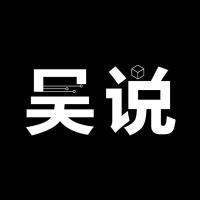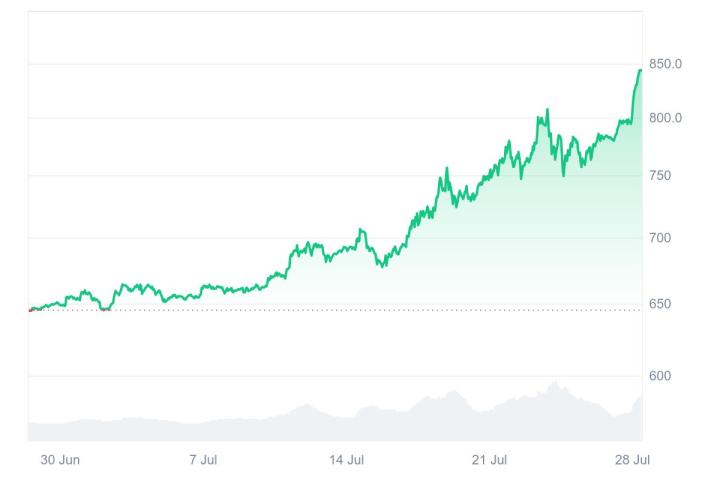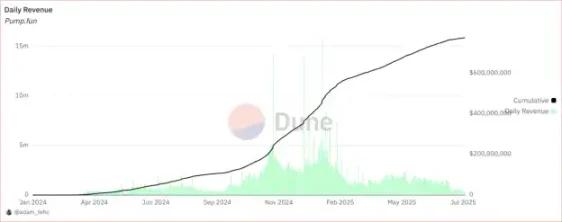Chainfeeds Introduction:
There is no standard answer to how a DAO should operate. It entirely depends on the weight distribution between its internal goals, incentive mechanisms, and power structures.
Article Source:
https://x.com/chilla_ct/status/1948052706335064184
Article Author:
Chilla
Perspective:
Chilla: DAO was once viewed as the most idealistic attempt in the crypto world: promising decentralization, community governance, aligned incentives, and collaborative execution. However, the reality is that most DAOs have not even established a basic governance framework. Without a core decision-making group or clear division of responsibilities, DAOs often fall into a state of blurred objectives, conflicting directions, and execution delays. Members acting independently lead to organizational inaction. In terms of incentive mechanisms, early short-term approaches based on airdrops or token rewards may have promoted participation, but in the long run, they brought issues of value extraction and misaligned motivations. Moreover, the pursuit of hierarchical-free governance often leads to information fragmentation and undefined responsibilities. Many DAO members lack real-world enterprise operational experience, resulting in every micro-decision requiring a vote and every push requiring relay from others, lacking systematization and execution capability. What we see is not decentralized efficient collaboration, but governance spinning in circles. Fundamentally, if a DAO cannot establish basic mechanisms of goals, incentives, and order, its ideal of "decentralized autonomy" is mere rhetoric. The success or failure of a DAO is not predetermined but caused by differences in institutions and execution capabilities. For example, Compound DAO, one of the earliest DeFi DAOs, lacked a clear direction after token issuance, leading to gradual protocol stagnation. DAOs hired many high-paid but ineffective personnel, increasing the burden, and the project gradually transformed from an innovation platform to a fiscal center of a governance treasury. Aave, on the other hand, adopted a more robust "core team-led + community collaboration" model. The founder Stani and governance lead clearly defined token economic design and income-sharing rules through Aavenomics, with the product continuously evolving and providing substantial governance weight to the DAO. Looking at Lido DAO, it introduced a dual governance mechanism, not only relying on LDO voting but also allowing stETH users to veto or delay LDO decisions. This user veto mechanism is not perfect but indeed enhances users' actual voice in the DAO, demonstrating progress in mechanism innovation and governance reflection. These comparisons show that the effectiveness of a DAO is not about whether it is decentralized, but whether it has designed good feedback mechanisms and incentive structures. Currently, DAO governance failure has become an industry consensus, even giving birth to a new term - BORG, or bureaucratic network organizations that run governance. Unlike DAO's pure decentralization, BORG typically combines traditional legal frameworks (such as LLC, foundation) with smart contract execution, achieving sustainable operation through clearer rules, more efficient information flow, and legal wrapping. BORG does not oppose DAO but tries to repair its low operational efficiency, difficult execution, and governance failures. In many practical cases, this hybrid governance approach of "DAO + Foundation + Company + Smart Contract" has become a reality. For instance, Arbitrum DAO is simultaneously advanced by a foundation pushing product R&D, DAO deciding fund allocation, and third parties (like Entropy Advisors) operating ecosystem affairs. Offchain Labs continues to lead core protocol development and introduced systems like Timeboost, creating significant income for the DAO. These trends indicate that truly sustainable DAOs may not be about "extreme decentralization" but finding a balance between "moderate centralization + automated governance + legal framework". DAO should not be a formalistic shell but flexibly choose the most effective governance path based on project goals, lifecycle, and ecosystem structure.
Content Source






